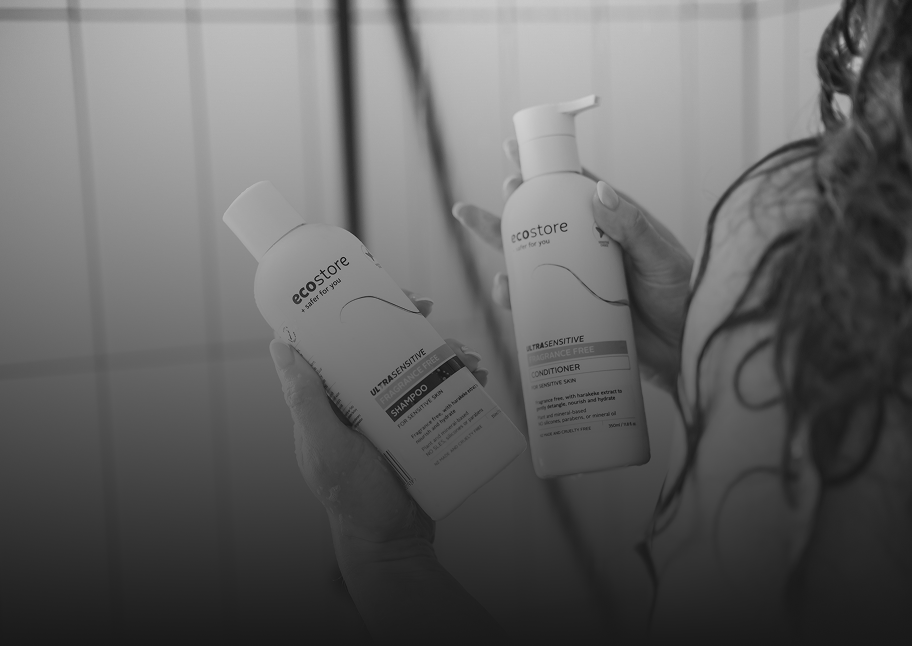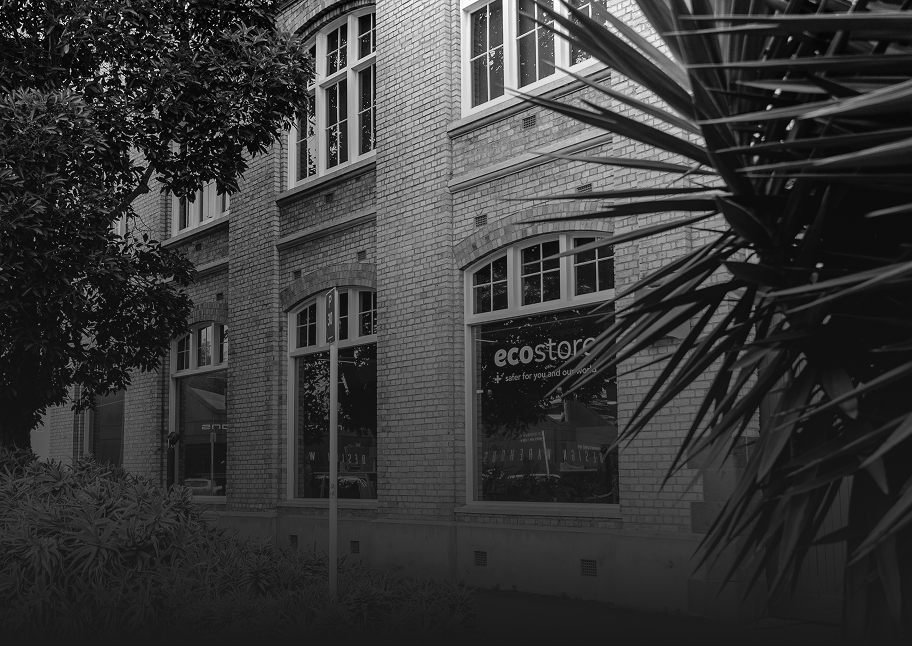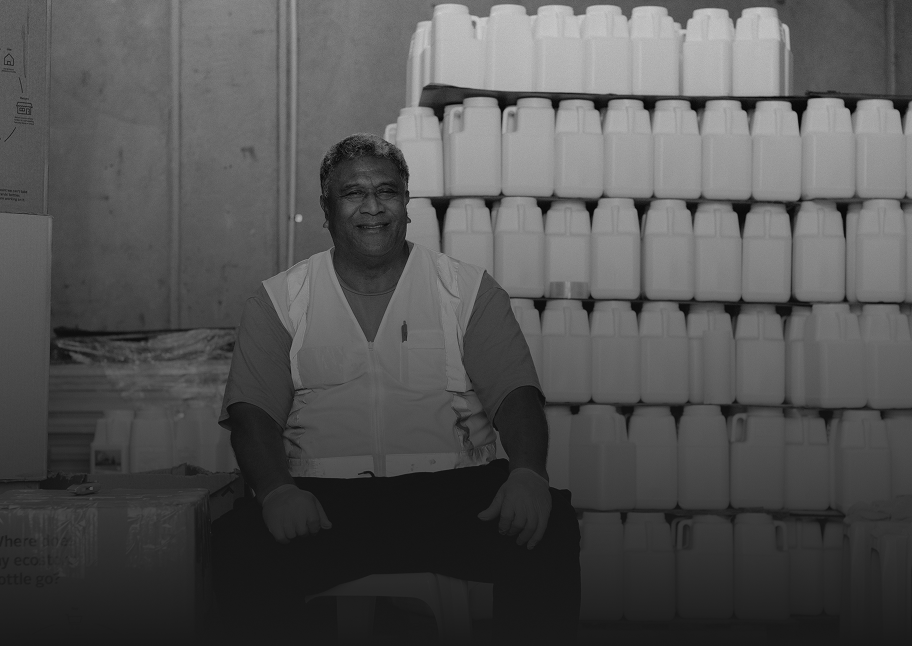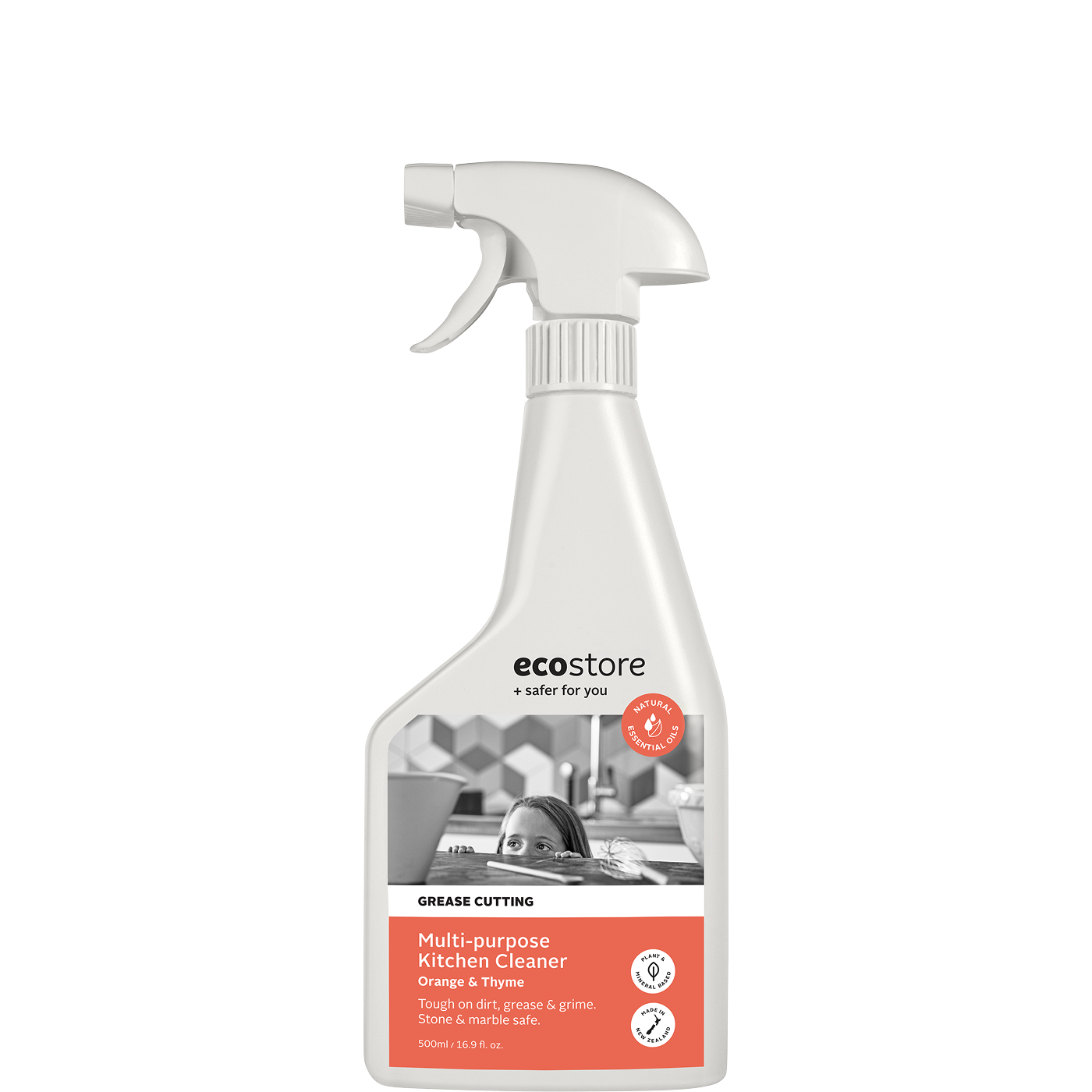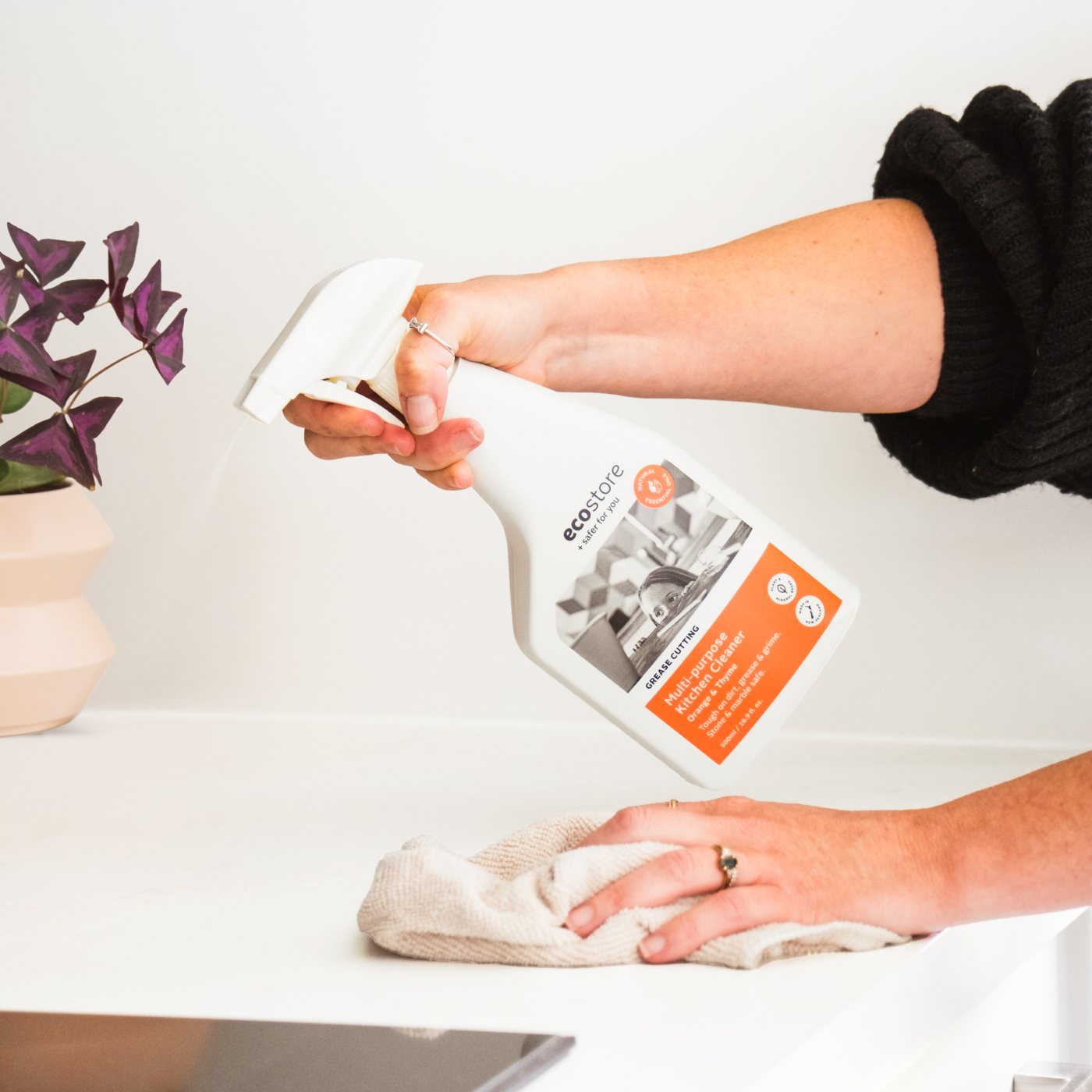You may have heard of at least three – reduce, reuse and recycle. The original ‘3 R’s’ became known at the start of the environmental movement in the 60s and 70s. But being a consumer in the 21st Century is pretty complex, and it seems we need a bigger toolkit. This has led to (at least) 8R’s to help us as ethical consumers and avoid stuffocation – that sinking feeling we get when our stuff owns us – from making better choices at the start to responsibly dealing with waste at the end.
1. Rethink
There’s a reason Rethink comes first in this list. It’s about being more aware of what and why we buy. So before you hand over that credit card, take a breath, and consider asking yourself these questions.
- Do I really need it?
- How much use will I get out of it?
- Do I already have something similar (six other pairs of black jeans for instance…)?
- What happens at the end of its useful life?
- If it’s something I have to buy, is this the most ethical choice?
When we ask these questions, we become more aware of what and how much we’re buying, as well as the effect on the environment and the people who make our products. It may help to just step away from making a purchase right now – log out of the website or leave the store, and see if your feeling of need (or want) simply passes.
2. Refuse
Sometimes the best choice is not to buy something. Consider borrowing or hiring the thing you need, or paying someone else who already has the gear. Instead of buying a lawnmower for example, is there someone in your neighbourhood who offers lawnmowing services? Could you borrow books from the library instead of buying them? Rent (ooh, another great ‘R’) that gown for the gala instead of buying a dress you’ll wear once? Technology has made the sharing economy take off in recent years, making it possible to listen to music, watch a movie or ride a bike without needing to own physical ‘stuff’. ‘Refusing’ to you could also mean saying no to straws, carrying your own coffee cup and reusable bag, and refilling your water bottle instead of buying bottled water.
3. Reduce
Buying less is a pretty simple way of conserving resources and reducing our waste. It’s closely linked with ‘Refuse’, as it’s also about not buying more than you need. Buying in bulk is a great strategy to reduce packaging, but beware of buying large amounts of things like food and skincare that might go off before you can use them all. Avoiding single-serve packs will naturally reduce the amount of packaging you consume. Buying quality items that last longer and serve more than one purpose, reduces the number of ‘things’ you end up with. Think of having one great, high-quality chef’s knife in your kitchen for example. The bonus is you’ll enjoy using it more too.
4. Repair
Fixing things fell out of favour for a while, but seems to be making a bit of a resurgence with community bike workshops, Men’s Sheds and maker spaces popping up in towns and cities. While it might be easier to buy a new replacement for an item, challenge yourself to mend it yourself or find someone who can before heading to the shops. Extending the life of your stuff could also mean reinventing a new use for it if it can’t be fixed. A teapot with a dribbly spout can still be beautiful, quirky plant holder.
5. Reuse
Selling or donating an otherwise useful item for someone else to use it, is a great way to extend its life. You may even be able to get back some of the money you spent by selling it online or through a consignment store. Donating to charity will make you rich in the ‘feeling good’ ledger. For example, organisations like Dress for Success gratefully accept tidy clothes to equip and empower women to find work. But this is not a way to get rid of junk – please don’t take the saying ‘one man’s trash is another man’s treasure’ literally. Charities don’t want to have to deal with your old rubbish any more than you do.
6. Rot
Rather than sending it to landfill, can it go back to the earth to break down naturally and feed the soil? Composting, Bokashi and worm farms will help you deal with organic waste like food scraps and garden clippings, while making free fertiliser. Local community gardens and councils often run composting courses, so you can learn to make your own ‘brown gold’. If you don’t have a garden, consider talking to friends, your local school or community garden to see if they need your waste.
7. Repurpose or Refill
Upcycling means considering how you can use an item for a different purpose, either as it is, or making it into something else. For example, clean glass jars can get a new lease on life as storage in your pantry, bathroom cabinet or craft cupboard. Refilling a storage item is a great way to repurpose it as well as reducing the packaging you consume. We believe this is one way that manufacturers can really make a difference, so ecostore offers bulk sizes and refillable packs, and has refill stations in stores around New Zealand.
8. Recycle
Recycling reclaims the raw materials and turns them into something that can be used again. This helps conserve resources and energy, and prevents some items going to landfill, or worse, escaping into our environment. Not everything can be recycled of course, check with your local council or authority for more details.
If we were going to add yet another ‘R’ to this list it would definitely be ‘Relax’. We’re never going to make the perfect choices all the time. Just by reminding yourself about the ‘R’s’, you’ll be able to make better buying decisions. It’s a great feeling when you know that every decision makes a difference, no matter how small.
If you’re feeling up to it, challenge yourself to put one new R into practice this week. We’d love to hear how you get on.
Read more

This year was big year for me. I moved out of the family home into my first rental with my partner. I've never been one to read Homestyle magazine or lust over perfectly collated knick-knacks on Pi...

Hormones play a large role in everyone's lives, but can particularly influence women, and imbalances can affect so many aspects of life: Sleep Mood Metabolism Fertility Plant medicine is in...

